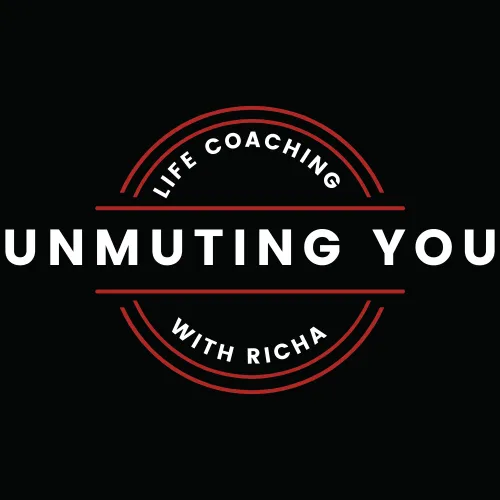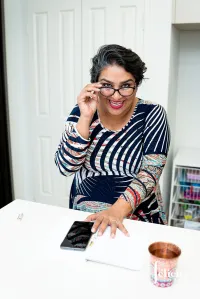
Caste’s Shadow
Why it still hurts us — in India and outside of India
I am proud to have India as my roots, my heritage, my origin story.
I love India—its vibrancy, its poetry, its resilience. I love the festivals that light up the streets, the food that warms your soul, the languages that sing through our homes.
And yet, there is a weight we carry—sometimes invisible, sometimes brutal—that still shapes who we are allowed to be. That weight is caste.
As someone who has migrated, I once thought distance might soften its reach. But caste followed me—into classrooms, workplaces, family dinners, and casual conversations. It sat quietly in the corners of belonging, in the hierarchies we recreate even as we claim to have left them behind.
This reflection is not an indictment of India. It is an unflinching look at how caste lives within us, how it seeps into our relationships, and what it costs us all—Indians, migrants, and the global communities we are part of.
Let’s understand caste in today’s context
Caste is not a relic of the past. It is a deeply entrenched social hierarchy that prescribes privilege and exclusion based on ancestry, often intertwined with class, gender, and religion.
Modern caste-ism wears many faces.
It decides who gets opportunities, who is asked to “know their place,” whose voice is respected, and whose is dismissed.It influences marriage, education, work, and social networks—and for women, these hierarchies tighten further, binding gender and caste into double constraint.
Even outside India, caste quietly crosses oceans.
In diaspora communities—in the U.S., the U.K, Canada, and Australia ( and the once colonized countries) —it shows up in surnames, social gatherings, mentorship circles, and marriage markets.
It hides under words like “compatibility,” “community,” and “culture,” even as it decides who belongs.
Why does it still matter ?
Caste isn’t just an Indian issue—it’s a human one. It costs us connection, creativity, and collective progress.
Mental health and wellbeing: Constant policing and exclusion fracture confidence and identity.
Stalled progress: Talent is overlooked when lineage outweighs ability.
Gendered harm: Women bear disproportionate burdens of casted expectation and violence.
Diaspora division: Hierarchies recreate themselves abroad, eroding solidarity and trust.
Globally, it shapes how Indian communities are perceived and how migrant identities are understood. It tests our collective credibility around inclusion, belonging, and justice.
So, what needs to change ?
Caste will not dissolve through denial—it demands conscious dismantling.
Legal and Institutional Reform: Strengthen enforcement of anti-discrimination laws in India, and normalise caste equity policies globally.
Educational Equity: Universities must foster inclusive classrooms, accessible scholarships, and mentorship that transcends inherited privilege.
Family and Social Norms: Within our homes and communities, we must question the ways we perpetuate caste through marriage expectations, jokes, or silence.
Individual Responsibility: Reflection, humility, and daily action—calling out bias, mentoring inclusively, choosing courage over comfort—are all acts of unlearning.
For me, this work is deeply personal. As someone rooted in India and shaped by the diaspora, I’ve had to confront the caste-conditioned habits that have traveled with migrating Indians - especially directed at me.
When I share my maiden surname - Srivastava vs my married surname Joshi - the change in attitude is stark ! The conversation shifts, as does the level of comaraderie. A true desi style kayasth vs brahmin caste shift.
Caste’s shadow is long, but it is not unbreakable. We can outgrow it—but only if we are willing to name it, grieve it, and dismantle it—one story, one choice, one generation at a time.
This is not anti-India. It is pro-India, pro-community, pro-justice.
Love for our culture and heritage does not require ignoring harm; it requires facing it, naming it, and acting to ensure a future where caste no longer dictates our choices, limits our potential, or shadows our lives.
Our communities—in India and outside of India—deserve better.
Our children, our workplaces, our families, the nation deserve better.
— Richa, always owning the narrative.
In the spirit of unity and respect, I acknowledge and pay my heartfelt respect to the traditional custodians of Whadjak country, the Noongar people.
I stand on this ancient land with deep appreciation for their enduring connection to country, culture, and community.
As we gather and work together, may we honor the wisdom of the Noongar elders, past, present, and emerging, and strive to nurture a harmonious relationship with the land, its stories, and its people.


LinkedIn